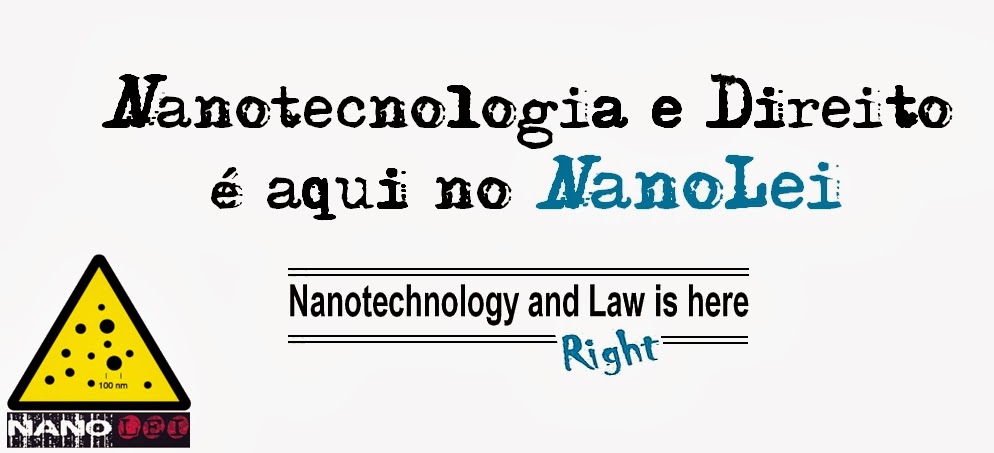Elisabeth Schmidyouris.com GEIEVia Moretto da Brescia 22 20133 Milano Italy elisabeth.schmid@youris.com Tel: +39 027002571 Fax: + 39 027002540 http://www.youris.com
Finding investors these days for a long-term innovation is indeed a real challenge
The BIOD company, recently established, is dedicated to the research and development of a label-free immunoassay system utilizing advanced optical and micro-nano technology to be applied in several fields including clinics (disease detection), pharmaceutics (development of new drugs), agrifood (detection of pesticides, toxins etc), environment (i.e. virus detection), food traceability and doping.
Zabala Innovation Consulting is the Pronano’s Spanish partner that has been advising and coaching BIOD in its way to reach the market. “We got in contact with many public institutions that might need funding to commercialize their scientific results and selected BIOD because we saw their results were very interesting and could definitely be brought to the market” says Paula Hafner of Zabala.
“We already had a business plan and had already won, in 2009, an award from our university (UPM, Universidad Politécnica de Madrid) as best innovative idea, which made Zabala contact us”, recalls Miguel Holgado, BIOD’s promoter. “Therefore Zabala helped us especially in our strategic vision, that is in understanding which ways of getting public funding we could really take advantage of”. “BIOD had no access to market data nor to private investors, so they needed an intermediary, which is what we have been for them”, Hafner points out.
The collaboration has brought BIOD to find seed finance from a Spanish Biotech Group (whose name BIOD prefers not to reveal yet) to develop the prototype of a detection kit that will be brought to the market in 18 to 24 months and that is now being brought forth. The idea is for BIOD to become one of the group’s IVD (in vitro diagnostic) companies in a way that BIOD might hold the power of managing their business. “We do not know yet what percentage of BIOD will the company actually acquire”, Hafner explains.
“Besides finding a corporate investor we have also received a credit from the Ministry of Science and Innovation so to lever-up our seed finance”, Holgado adds. Zabala itself dealt with all the process of presenting BIOD to this ministerial call. “From a business standpoint the biggest challenge especially in this period of crisis was undoubtedly to get funding that allowed us to develop the product in the appropriate timescale and for an idea like ours that is going to be profitable in two years”, Holgado says.
“Once we found an investor, the other big challenge has been negotiating with them because researchers often do not have experience in doing it especially as far as industrial property and negotiating agreements are concerned”, Hafner highlights.
Thinking about issues that still need to be solved in the future, Holgado points out how to manage intellectual property. “We have 10 developments related to our technology that can be patented and still do not know whether to patent them or protect them and not say anything. If you patent them you give the idea to others but we are also in the academic world, where you are valued by your publications and in order to publish you need to patent first, therefore it is not easy at all to decide what to patent, what to publish and what to protect”, he explains. “People always talk about how the knowledge generated in public research centers and universities is not fully exploited. It is obvious it is not because from a personal promotion point of view the different interests in place are not taken sufficiently into account”. On this issue Hafner considers that BIOD should keep the ownership of its patents. The negotiations with the corporate investor have not been concluded yet and for BIOD as well as for many other scientific entrepreneurs this remains a pressing ethical debate that will probably take much more than a couple of years to be solved.
Fonte: Cordis Wire
